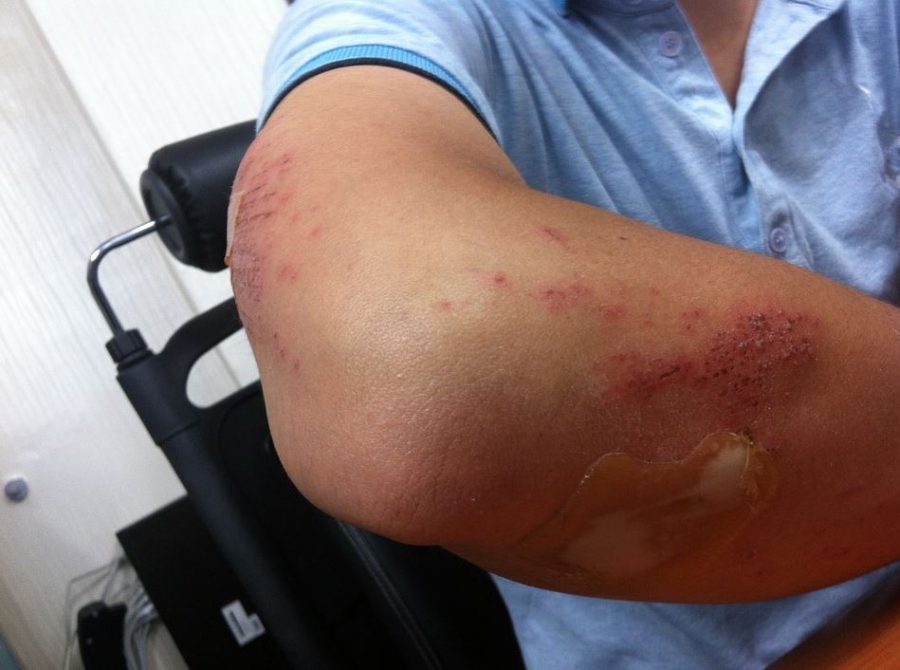Millions of people are injured in their homes every year in the United States. Some of these injuries are relatively minor, but other can be severe enough to require a trip to the emergency room. Here are just some of the more common at-home injuries and how you can avoid them.
Falls
A slip-and-fall injury can happen to anybody, but they are more common among older adults. These falls are responsible for approximately 8.9 million emergency room visits every year in the United States, and they are caused by anything from a poorly-placed electrical cord to a slippery bathroom floor.
To prevent slip-and-fall injuries, keep entryways dry and clean up spills on hard surfaces as soon as you notice them. Install handrails and non-skid surfaces in your bathroom, and do all that you can to reduce clutter around your home. In-home health care services can also help prevent these injuries in older adults.
Poison
Roughly half of all at-home injuries are caused by poisoning from carbon monoxide or toxic household substances. To prevent this from happening to your family, keep all medications, cleaning products, and anything else that contains ingredients that may be harmful when ingested out of reach of children if you can. If not, invest in locks that will keep small children from opening up your cabinet doors. If anybody in your family has a food allergy, pay close attention to ingredient lists on any food you buy, and keep EpiPens and other emergency medications someplace where you can access them quickly.
You should also have at least a few carbon monoxide alarms in your home, preferably close to your bedrooms. Check the batteries on these alarms regularly to make sure they’re working properly.
Burns
Burns can be caused by scalding hot water, stovetops, and hot food, so pay close attention to who and what is around you whenever you cook a meal. The handles on any pots and pans you have on your stovetop should be turned inward so nobody accidentally knocks or pulls them down. Children in your kitchen should be kept under close supervision at all times, and oven mitts should be used whenever hot food is being served.
Glass-Related Cuts
Broken glass is often much sharper and more dangerous than people realize, so it should be cleaned up as quickly as possible. Larger shards should be carefully picked up and thrown in the trash where children and animals cannot reach it, and smaller pieces should be swept up with a broom. If you have small children or pets in your home, you might want to hold off on displaying fragile glass or porcelain decorations where they can grab them or knock them over.
